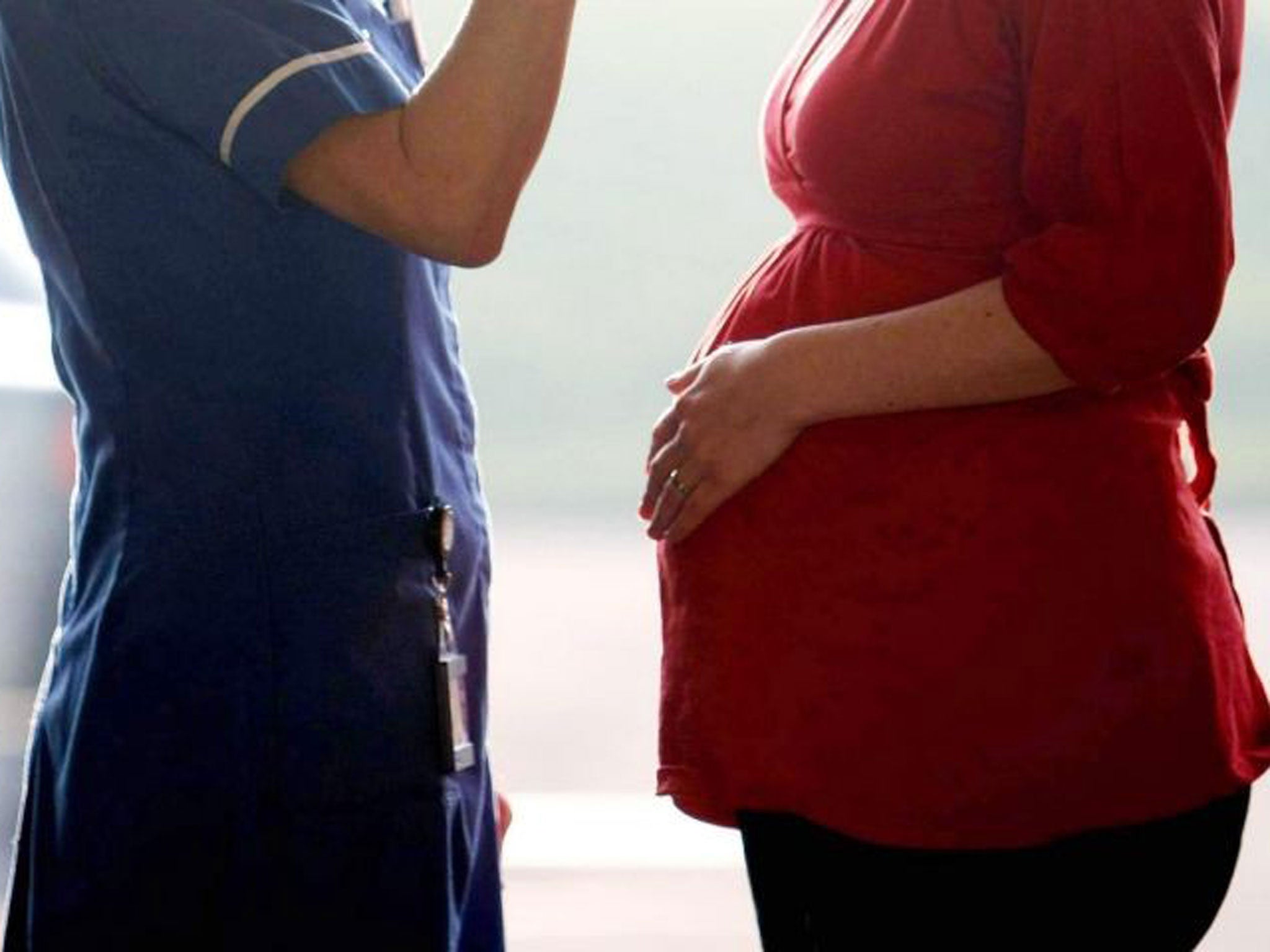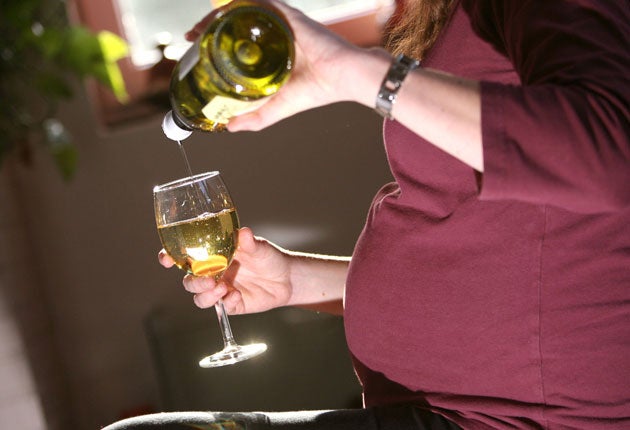Antidepressant use during pregnancy linked to higher rates of anxiety in children, study shows
Untreated prenatal depression can also carry risk of child behaviour problems

Your support helps us to tell the story
From reproductive rights to climate change to Big Tech, The Independent is on the ground when the story is developing. Whether it's investigating the financials of Elon Musk's pro-Trump PAC or producing our latest documentary, 'The A Word', which shines a light on the American women fighting for reproductive rights, we know how important it is to parse out the facts from the messaging.
At such a critical moment in US history, we need reporters on the ground. Your donation allows us to keep sending journalists to speak to both sides of the story.
The Independent is trusted by Americans across the entire political spectrum. And unlike many other quality news outlets, we choose not to lock Americans out of our reporting and analysis with paywalls. We believe quality journalism should be available to everyone, paid for by those who can afford it.
Your support makes all the difference.Young children whose mothers took antidepressants while pregnant show higher rates of anxiety than their siblings who were not exposed to medication, a new study shows.
Researchers in Norway also found that untreated depression – without the use of prenatal antidepressants – is associated with behaviour problems in children.
The conclusions were met when scientists looked through data belonging to more than 20,000 pairs of siblings from the Norwegian Mother and Child Cohort study with babies and toddlers aged up to three.
Mothers’ mental health states were assessed with questions about symptoms of anxiety and depression while pregnant and six months after birth – including the use of prescribed medications – using a validated short version of the Hopkins Symptom Checklist.
They were also asked to report their lifetime history of major depression, which is characterised by sad moods, changes in appetite, loss of energy, feelings of guilt and worthlessness and problems concentrating for a period of more than two weeks.
More than 20 per cent of women suffer from depression in their child-bearing years, according to the study published in the International Journal of Epidemiology, and antidepressant prescriptions have doubled in the UK in the past 10 years.
This raises questions as to the level of impact antidepressants can have on the development of children, as the medication can travel through the placenta and unborn baby’s brain, and how behavioural traits can be influenced by mental states of parents.
Researchers claim that therapies and counselling sessions such as CBT, cognitive behavioural therapy, are more effective and safe than taking pills while expecting.

Smoking, drinking and drug use among pregnant women is more common in those who experience depression and anxiety and the study participants were questioned about whether they used alcohol and harmful substances during pregnancy.
Mothers were also asked to fill out the questionnaire about their child’s behaviour and emotional development at the ages of 18 months and 36 months.
Scientists found that anti-depressant use during pregnancy had clear connections to anxiety in young children. However, the use of medication was not related to emotional reactivity, somatic complaints, sleep problems, attention problems or aggression.
“At 36 months of age, the crude unmatched regression analyses showed significant associations between prenatal antidepressant exposure and internalizing behaviour,” the study states.
Comparing the differences between siblings is handy for scientists as they can easily assess the impact of genetic influence on their findings, says lead author and researcher Ragnhild Eek Brandlistuen.
Studying siblings also makes it easier to recognise and take into account the familial and environmental risk factors.
Join our commenting forum
Join thought-provoking conversations, follow other Independent readers and see their replies
Comments